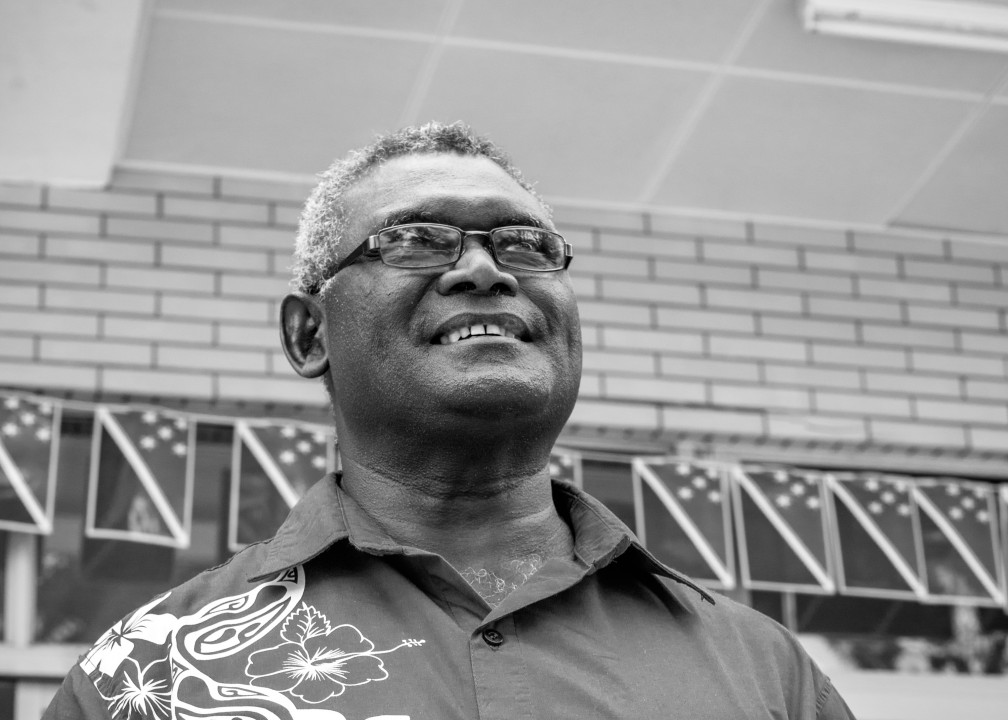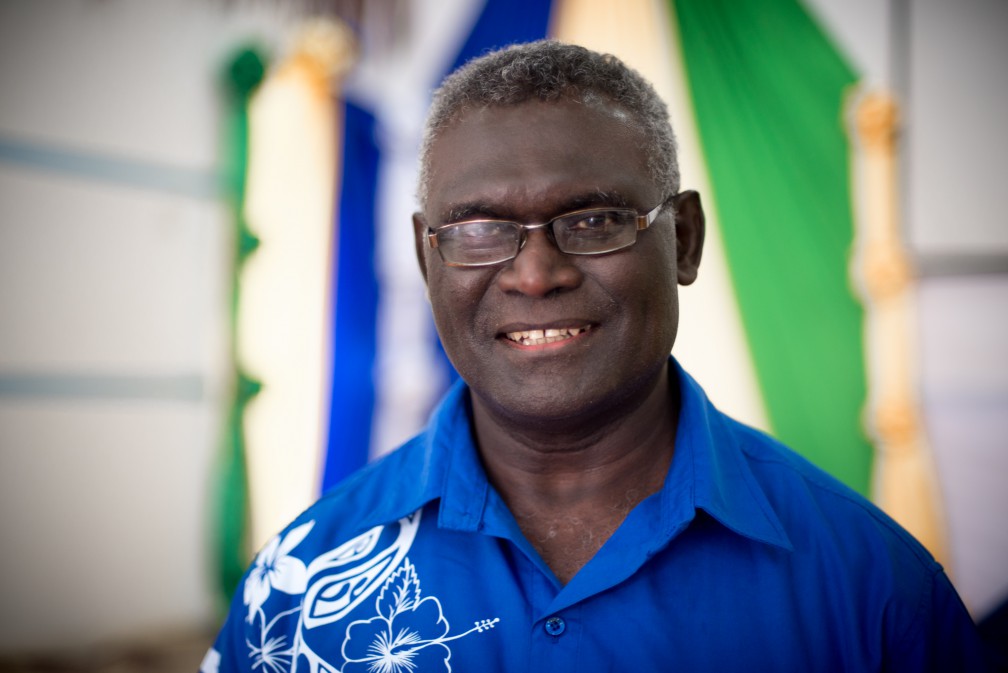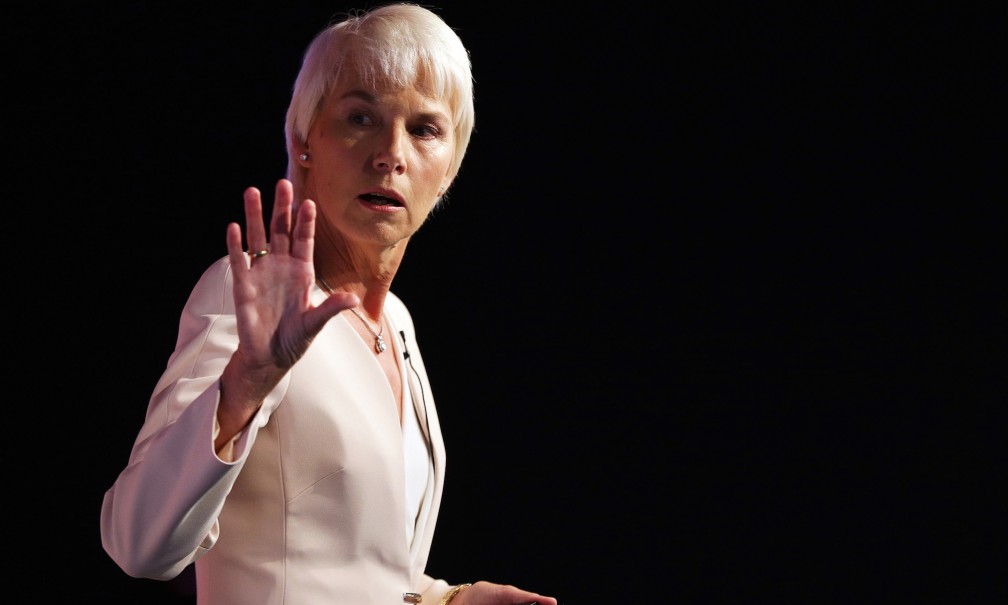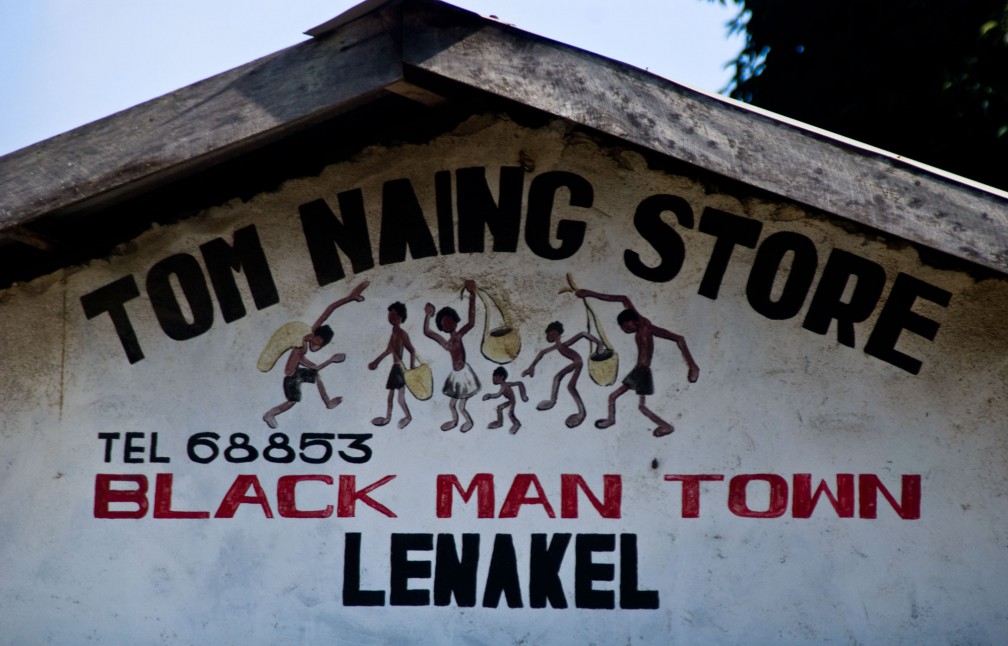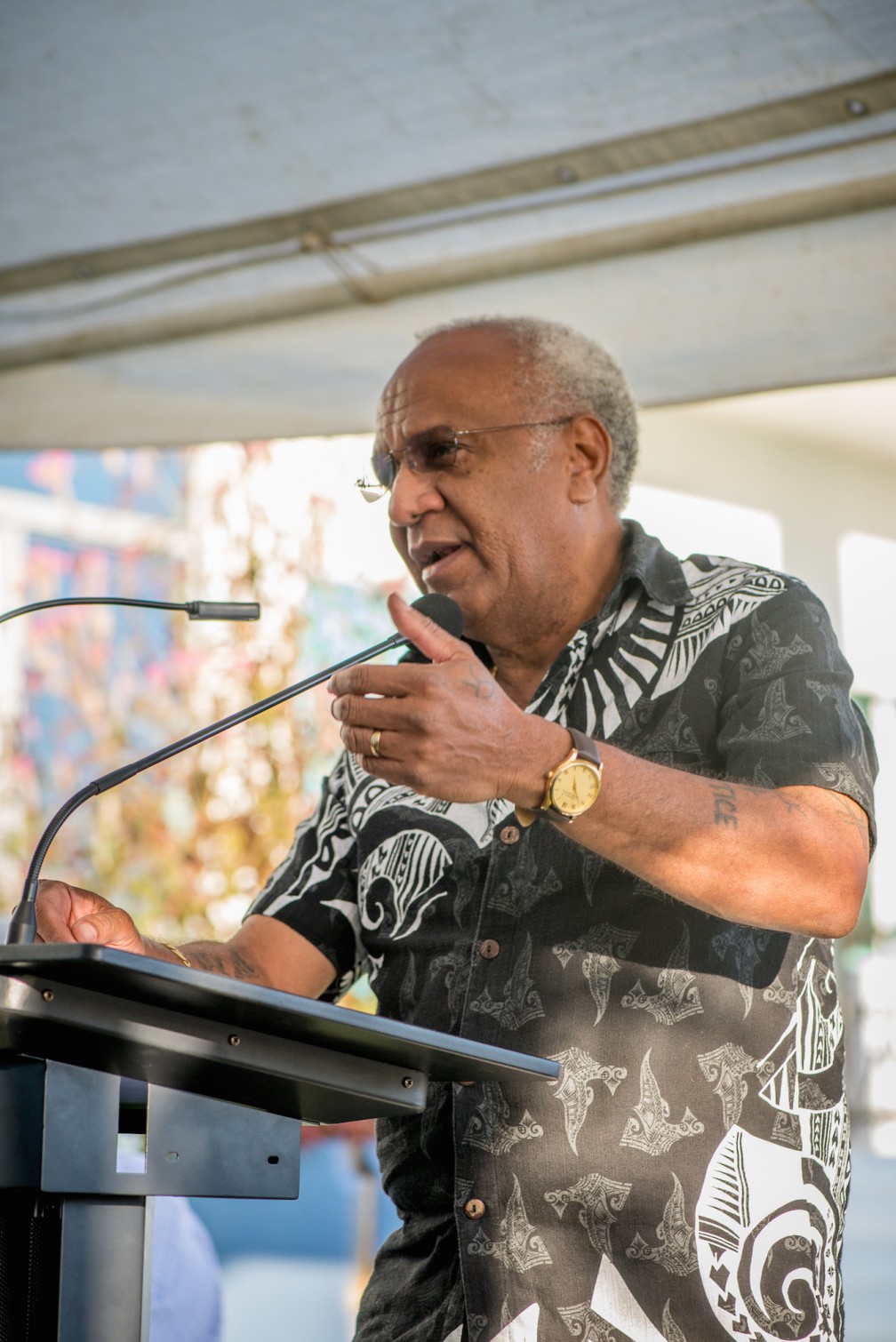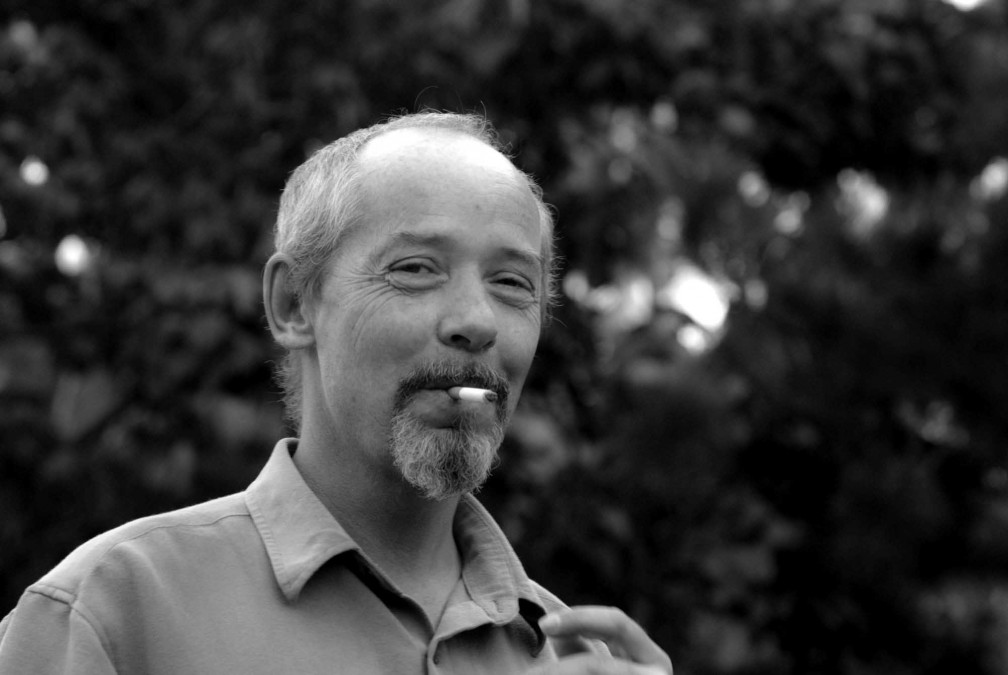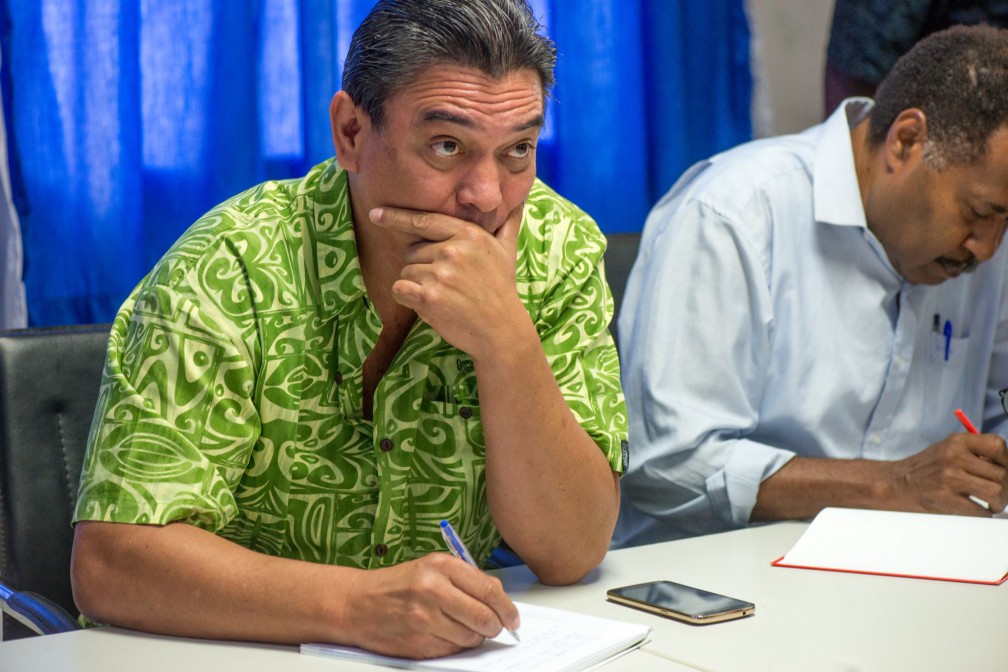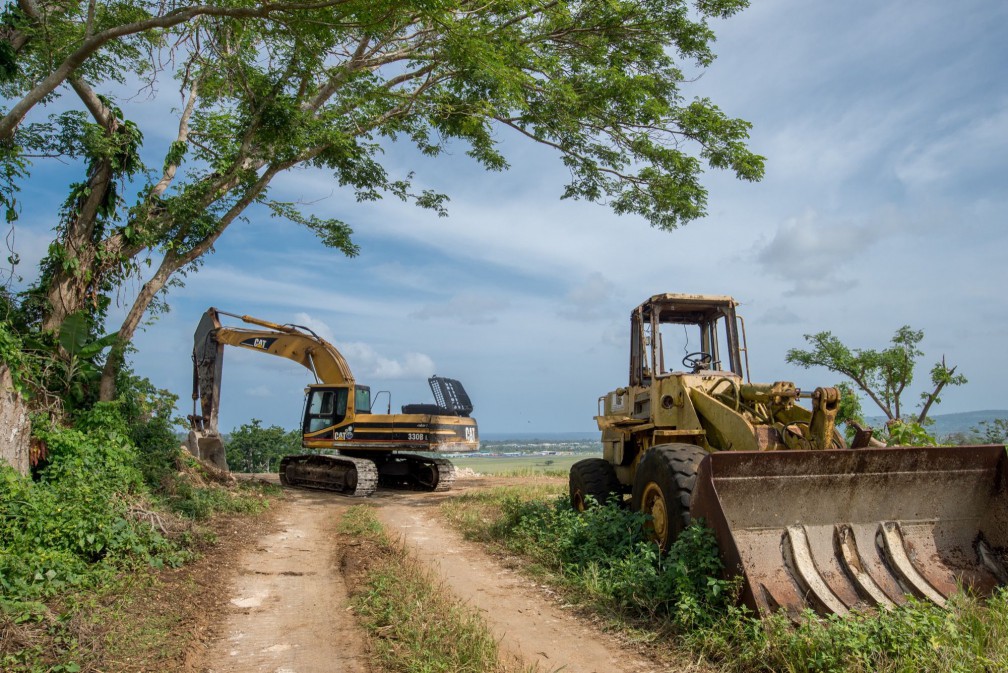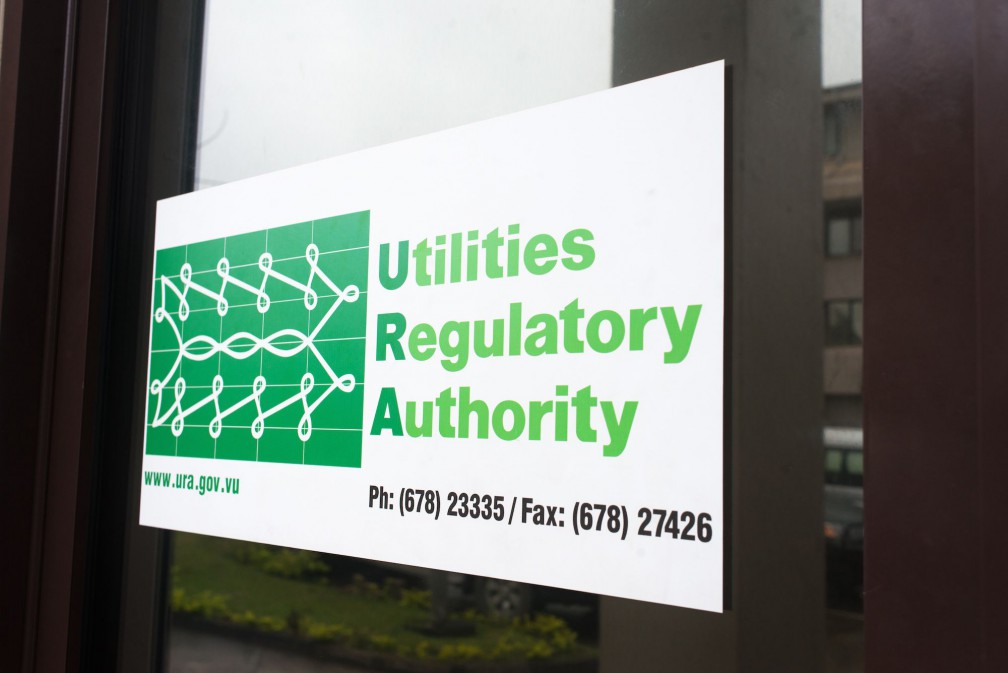In an exclusive interview, Manasseh Sogavare describes his long personal journey to the top
Asked how he started his career, Solomon Islands Prime Minister Manasseh Sogavare laughs wryly.
“I entered public service as a toilet cleaner and tea boy,” he chuckles. It was, he says, “a tough, rough beginning.”
“And I learned from that.”
If Mr Sogavare’s example is any guide, there are few shortcuts in life. “What I got is through hard work, and basically I worked my way…. I worked my way up through public service…
in all my life in public service, I worked in the Inland Revenue division.
“I started as toilet cleaner in the Inland Revenue Division and localised the Commissioner of Inland Revenue post in twelve years.
“I got all the degrees along the way, and all the promotions.”
He smiles in recollection. “The people that I’d salute along the way: ‘Good morning, sir!’ … the people with white socks—these were colonial days—I’d welcome them into the building and direct them to their desk.
“Three remained when I became Commissioner of Inland Revenue, and the role changed to ‘Good morning SIR!’”
He snapped a smart salute, mimicking how they would receive him, and then allowed himself an amiable laugh. Continue reading

